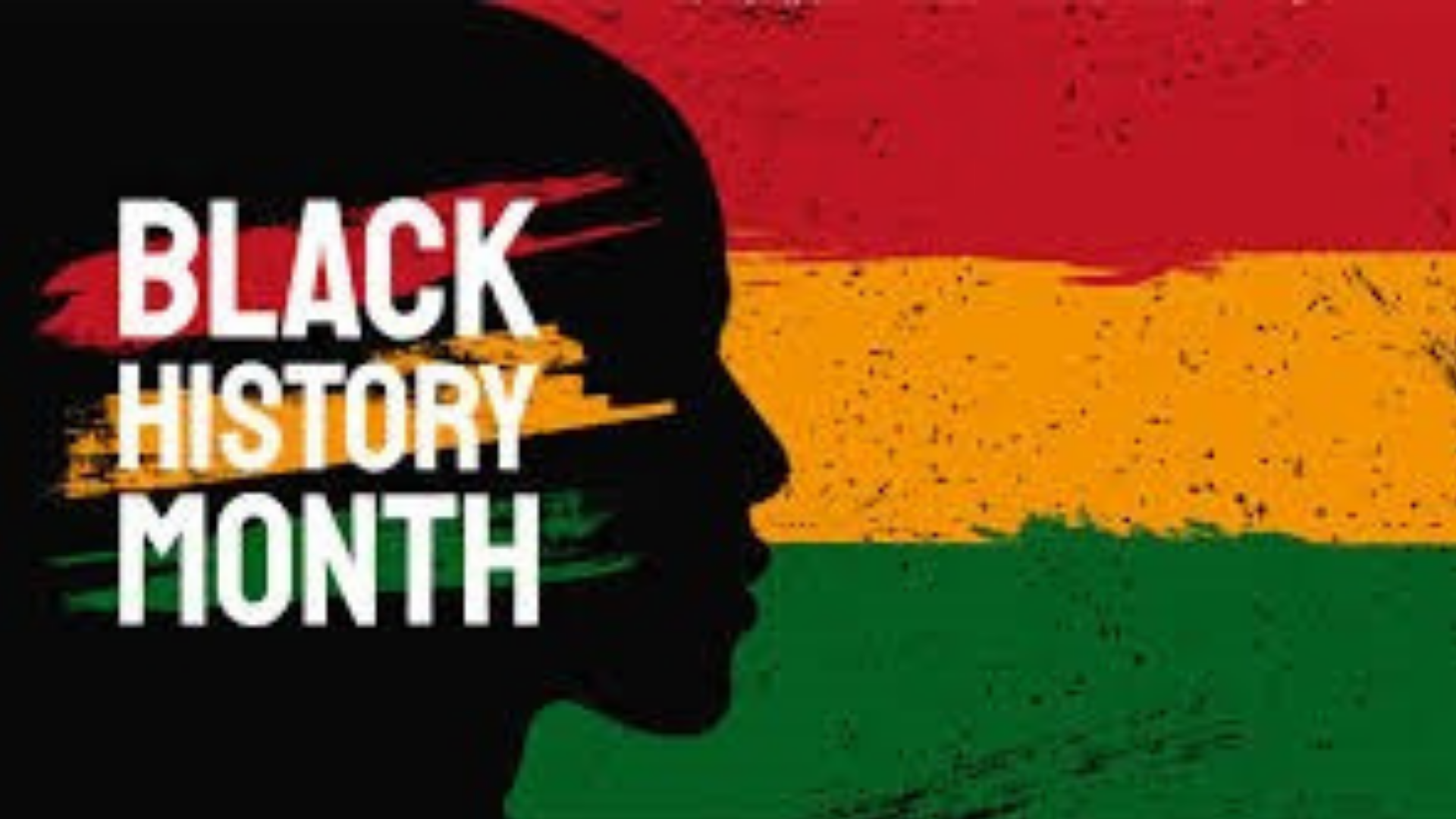In 1926, eleven years after he started putting pieces together for a national call to action, Carter G. Woodson put Black History Month on the calendar. Every year in February, Americans now honor and celebrate Black History as our nation’s history, through a theme and study materials for further learning.
Historically, Black Americans have been trailblazers in all areas of society, study, and culture. The field of medicine is no exception. Black Americans’ contributions to Western medicine address disparities faced by Black communities when it comes to health care, including implicit bias from doctors, lack of equal access to resources, and the increasing maternal mortality rate of Black women. Not only does this Black History Month theme showcase disparities, but it also points out the legacy of Black scholars and medical practitioners, both in Western medicine and in the alternative healing paths through the African Diaspora, including ritual, herbalism, naturopaths, doctors, midwifes, doulas, and birth workers. We want to take time here to honor some of those trailblazers, showcasing not only their contributions to medicine, but also the importance of their lives as Black Americans, and why it is so important for us all to honor the Black experience, both during Black History Month, but every single day throughout the year.
Notable figures to celebrate this February:
- Patricia Bath, the first African American to complete a residency in ophthalmology. As a an eye doctor in Harlem, she noticed that blindness and visual impairment rates were much higher in clinics that served Black patients over the eye clinic at Columbia University that served mainly whites. Throughout her career, Bath continued to not only explore all of the inequities in vision care she encountered, but she also advocated tirelessly for equal access and equal care.
- Otis Boykin was a Black inventor who paved the way for the first successful pacemaker. Working with electrical resistors, he figured out how to keep a heart beating that was in failure, and his work was then used in other products, such as guided missiles. Without his work, the pacemaker would have been developed years later, if at all. His contribution has saved countless lives.
- Ben Carson, former neurosurgeon, performed the first successful surgery to separate conjoined twins. The twins were attached at the back of their heads, and Carson took on the challenging operation when no one else would. His confidence and competence through a grueling 22-hour long operation contributed to the field of surgery in a big way, leading him to become involved with five similar surgeries. His calm, collected nature led him to become a pioneer in surgery.
- Rebecca Lee Crumpler was the first Black woman to earn a medical degree, despite facing hate, racism, and prejudice against both women and African Americans. She got into the New England Female Medical College, the first to train women as doctors, as most medical schools would not accept Black students at all, especially not women. In 1864, she graduated as “Doctress of Medicine” during the Civil War, and after moved from Boston to Richmond, Virginia, to care for freed African Americans. Providing healthcare to those who had no access otherwise allowed her a unique glimpse at the medical needs of Black Americans and their struggles through the health care system, which she devoted her career to. In 1883, she published, A Book of Medical Discourses, a book on treating illness in infants, children, and women of childbearing age. Her work helped paved the way for many young African Americans to become doctors and midwives.
- Alexa Irene Canady nearly dropped out of college due to the intense pressures on her from both racism and prejudice from colleagues and professors alike. However, she carried on, strengthening her drive, and became a pediatrician. Breaking more barriers in 1981, she became the first female African American neurosurgeon, focusing on the study of hydrocephalus – an increased presence of fluid in the brain in children.
- Myra Adele Logan was the first woman to perform open-heart surgery. She performed only the ninth such procedure worldwide, catapulting her contributions to the field. She then studied antibiotics and breast cancer, developing accurate testing to find different densities in breast tissue. She also was the founding partner of the first physicians group practice in the country.
- Louis T. Wright was a pioneer in antibiotic research in his own right, developing vaccination techniques while serving in the Army during WWI. He was able to successfully protect his fellow soldiers from small pox and became an expert in head injuries. He also became the first African American staff doctor at the Harlem Hospital in NYC and the first African American surgeon hired on by the NYPD.
VANTAGE Aging provides its entire menu of services – Meals on Wheels of Northeast Ohio, Home Wellness Solutions, AmeriCorps Seniors RSVP, and SCSEP Employment Services – to all seniors and others in need, regardless of race. We are proud to serve the Black communities across Ohio gain access to quality of life enhancing care, including the care that they need for their health and wellness. Our services help thousands of Black Ohioans age in place, staying healthy and safe, at home – where they want and deserve to be. We honor the experiences of all Black Americans, including those we spotlight this month through their advancements in the field of health and wellness. We know that we truly stand on the shoulders of giants when it comes to the breakthroughs and countless contributions of those who came before us, and as Black History is American History, we stand committed to celebrate those contributions both this, and every, month going forward. To learn more, please visit the Museum of African American History and Culture at https://nmaahc.si.edu/.

